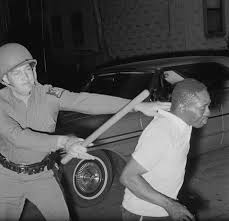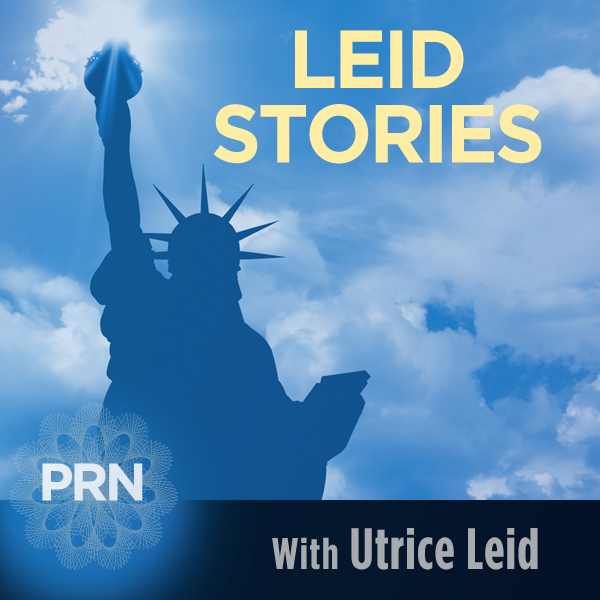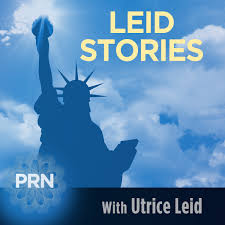Election 2016, with its constant and dramatic twists and turns, is one of the most contentious elections in U.S. history. Nov. 8, Election Day, will…

Gerald Horne
- Home/
- Tag/
- Gerald Horne/

Following yesterday’s overview and analysis by historian Gerald Horne of President Barack Obama’s historic trip to Cuba to cement a bilateral agreement to work toward…

Past Is Present: 50 Years After the Watts Rebellion, Ferguson’s Crisis Confirms Delusions of ‘Progress’ and ‘Change’ Fifty years ago today, the Watts neighborhood of…
World Money Woes: Bankruptcies, Bailouts and Big-Trade Boondoggles Diplomatic scholar, historian, attorney and prolific author Dr. Gerald Horne takes a look at major international trade…

Whose Independence?: The Fourth of July and What It Really Means Leid Stories wraps up its series on systems of white supremacy and their centrality…

The U.S. and A World of Trouble: From the Inside Out, From the Outside In Diplomatic scholar, historian, attorney and prolific author Dr. Gerald Horne…
